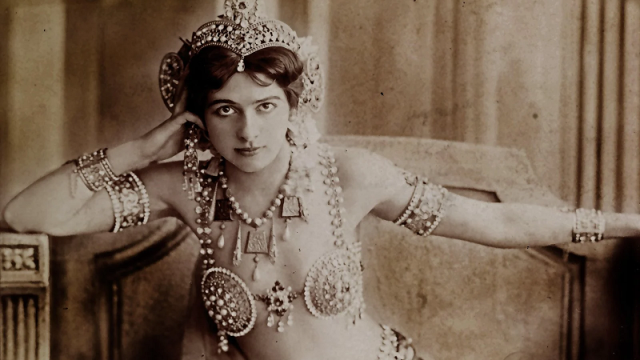Regular readers may know that I have taken to reading more nonfiction history books the past couple of years. I’ve found it comforting and even strangely affirming; any time the news becomes more than I can bear, I turn to a history book and it contextualises it for me. Not necessarily in the sense that I see direct cause-and-effect (Ancient Rome is a bit far back for that), but in that I can see that my emotions are hardly unique or even uncommon. I think people are inclined to see the apocalypse around every corner – every threat, even to one’s own emotions, has the weight and danger of a Bengal tiger – and reading history can humble you about the risks you’re facing. It’s hard to be terribly offended by puritans on Twitter when you know that not only do they have far less actual influence than the Victorian puritans who went after Henry Vizetelly*, even those people couldn’t stop either the work from taking its place in history or Vizetelly from living his best life. Vizetelly suffered the worst grievances, losing his publishing house and much of his reputation… and yet, his children (much more important to him than his business) went on to live happy lives due, in large part, to the skills and contacts they built up working for him.
*As reported in Zola & The Victorians by Eileen Horne.
The upshot of reading the (still embarrassingly small) number of history books I have is that I’ve noticed recurring patterns in the messages they keep trying to convey and moral outlook that drives them. Not to say that all historians agree with each other – certainly not – but rather that many of them end up making the same points from different angles. The most significant to me is their recurring complaint that so many people seem to ask some variation on “what was the right decision?”. They are asked this both in terms of ‘what decision in history would have been the objectively correct one?’ and ‘what action can I make now to achieve the same goal?’, both of which are really asking “what action do you have to do to win history?”.
This is really a more appropriate attitude for questions you ask a plumber than a historian; it utterly misses the point of ‘history’ as an exercise. One thing I’ve picked up through osmosis is Great Man Theory, in which history is driven forward by heroes with inherently great traits, and while it was developed by Thomas Carlyle, I notice it’s a fairly common assumption; there was something incredible about these particular people and your best hope for being a mover and shaker is to reverse-engineer their decisions and repeat them to the same success. You may be thinking, “But Tristan, this is what you do. This is exactly what you do.” I would agree to the point that I like to think of myself as perfecting this view of the world, which is why I’m intrigued and fascinated by the alternate viewpoint that historians keep pushing. This essay isn’t much original insight; it’s intended to synthesise and digest disparate points into something I can understand.
Ian Kershaw (writer of Hubris and Nemesis, the two-volume biography of Adolf Hitler) put it in the most detail. I don’t remember him ever using the phrase ‘Great Man Theory’, but he essentially describes and rebukes it, expressing moral distaste for the idea that anything about Hitler is great. Hitler’s rise was as much dependent on the system around him as it was his own choices; Kershaw repeatedly notes that had Hitler been born even a decade earlier or later, he would have died an obscure crank. While there were things peculiar about Hitler, his rise says more about the peculiar times he was in than about any power he held as a human being – not just in who and what was being valorised, but in the systems being built and destroyed.
Mary Craig tells a similar story of Mata Hari in A Tangled Web. An untrained dancer having picked up a personal and idiosyncratic combination of moves she ripped from foreign dancers, allowed to reinvent herself as an exotic specimen because that’s what the people of Europe craved at the time; Craig observes that people allowed her to tell fantastic lies about her life because that was all part of the fun at the time, and her success was put down more to her personal charisma and willingness to sexualise herself than her actual abilities. It seems that so-called geniuses who seem to elevate themselves to the stratosphere are actually being elevated by a society that wants what they’re already doing. Meanwhile, in her book SPQR, Mary Beard notes that life for your average peasant in Ancient Rome was pretty much the same regardless of which emperor was actually in charge, whether it was the insane Nero or the Stoic Marcus Aurelius or Julius goddamned Cesar; they still had to get up every day and make pottery.
If I were to put this into a principle – and you know that’s what your boy gotta do – it’s that the historian’s perspective is the choices a person makes are driven by the choices available. It’s not that an individual’s choices don’t matter – no historian I’ve noted or even read would argue that point – it’s that tracking those available choices is the most interesting part of the process. One could also phrase it as a question: what choices were available to that person in that particular moment? It’s hard to judge the people of history for not making choices that weren’t available to them anyway, and it makes it significantly easier to recognise the same choices coming up in a radically different context today with our greater technology and more information. History repeats itself, but never in teh same way twice.

